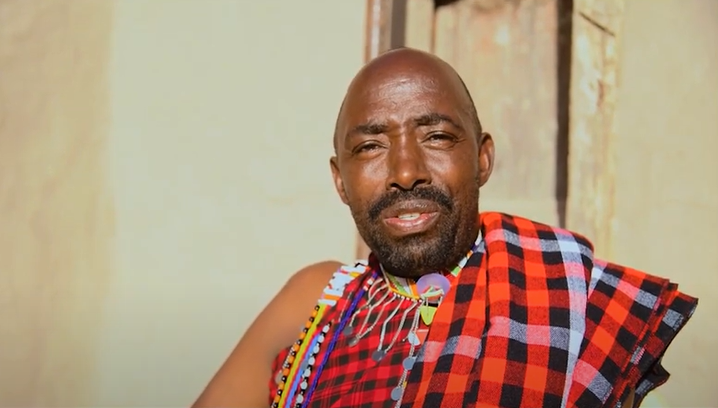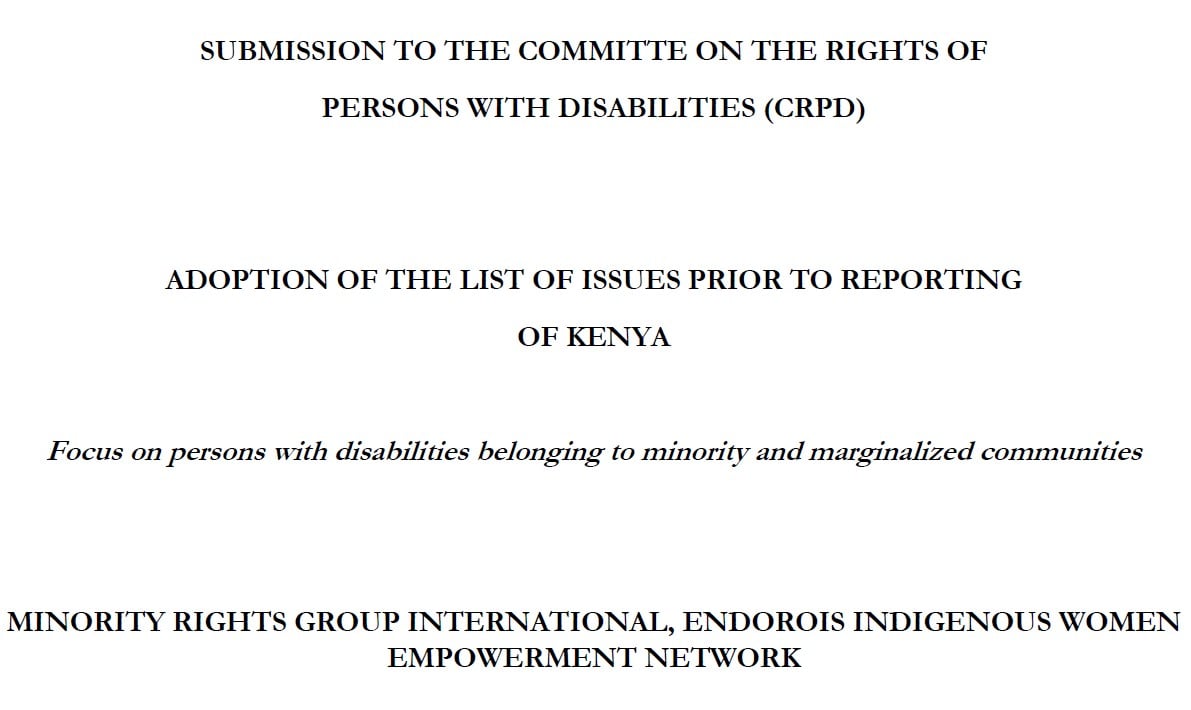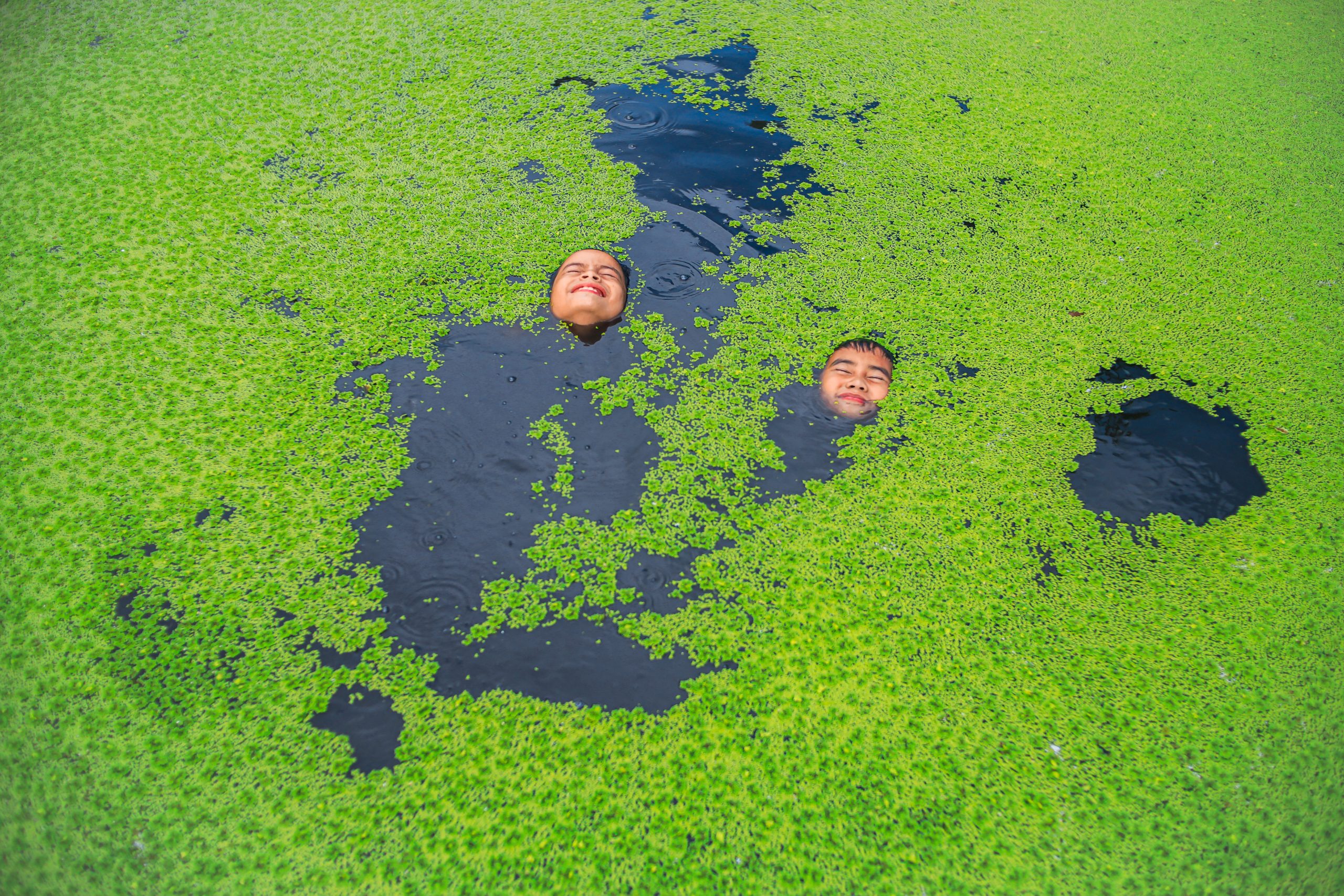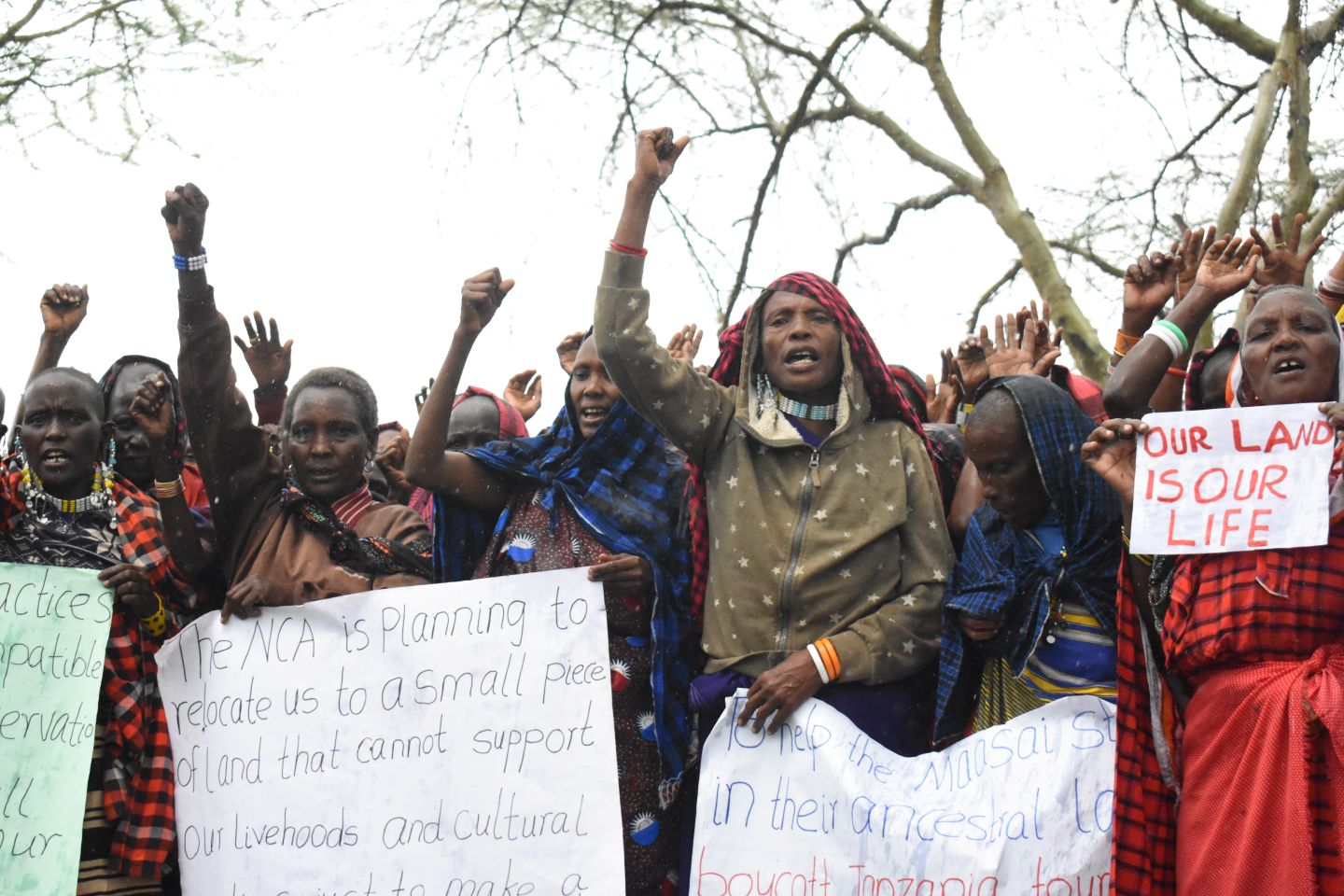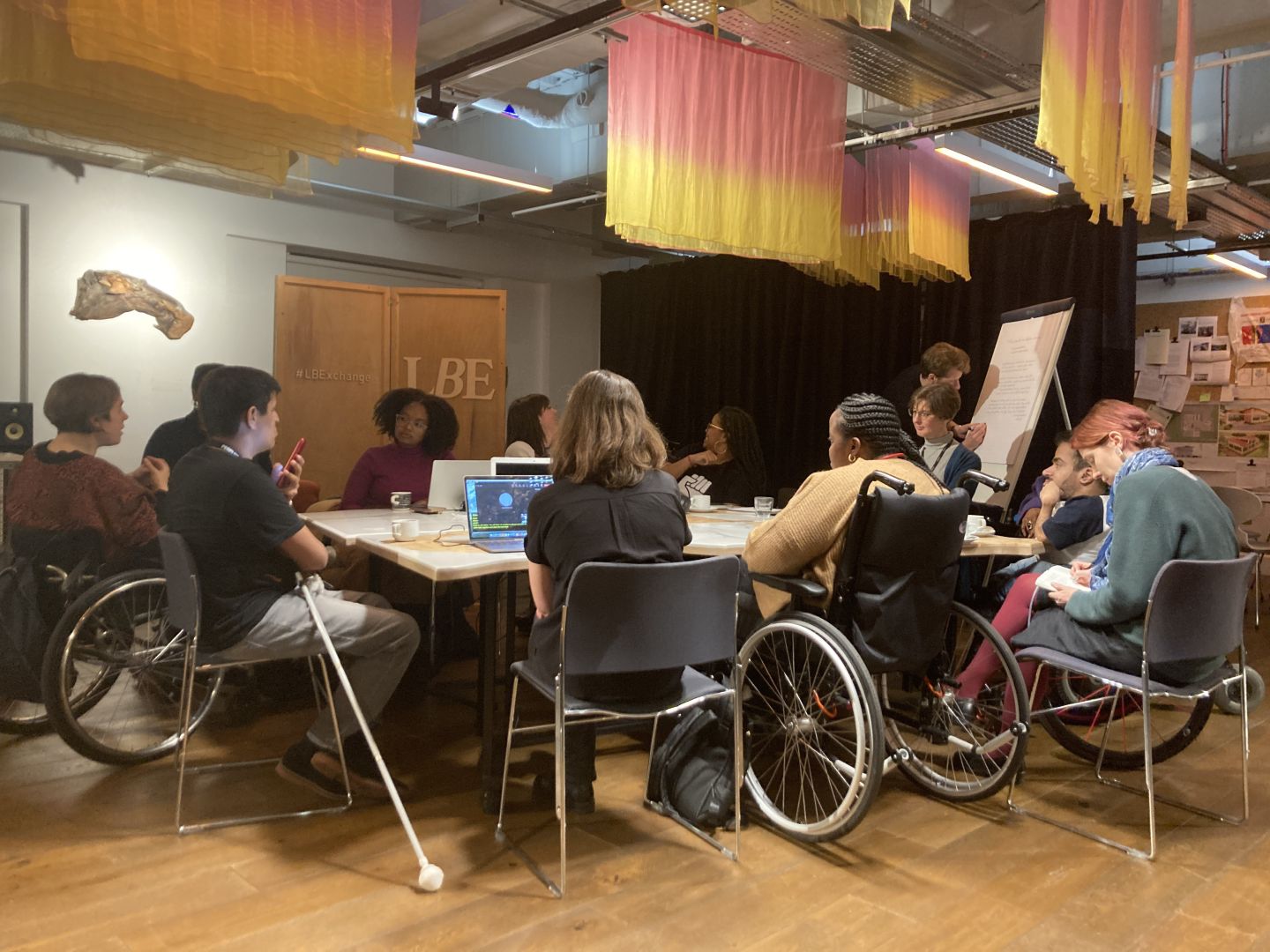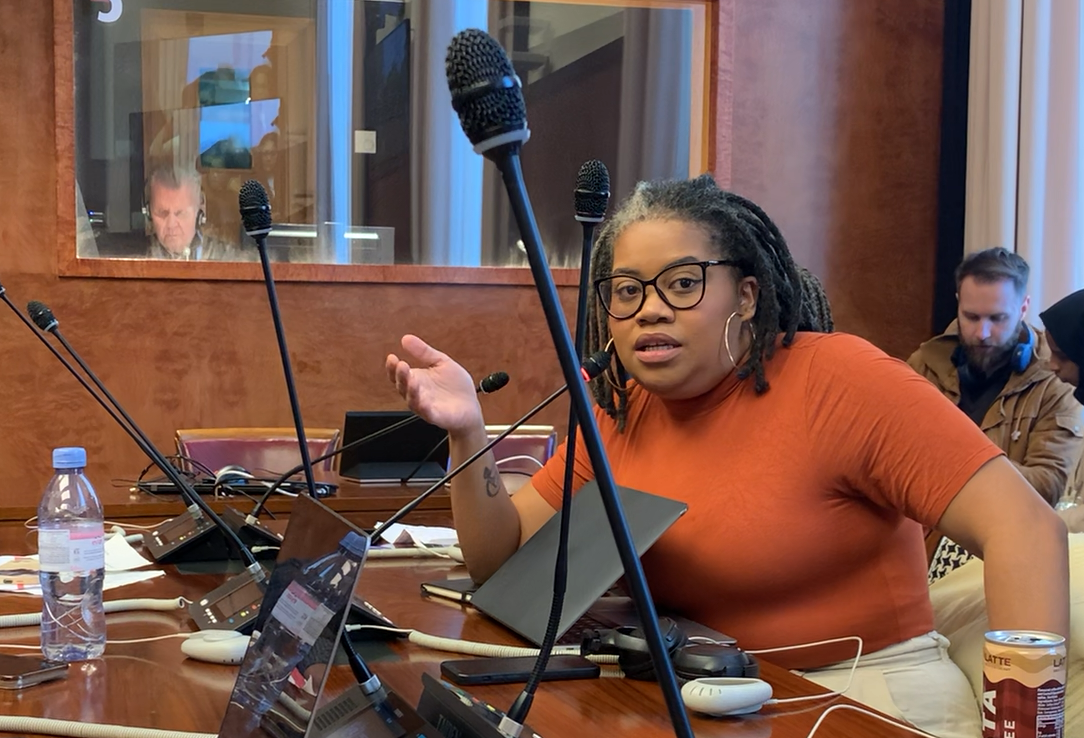
Four minority-disability activists you should know
Just days ago, MRG partners from around the world spoke at the United Nations Forum on Minority Issues and advocated for change. While the forum is a vital channel for rights-defenders to speak on the world stage, real change is impossible without the grassroots, community-led organizations and activists tirelessly advocating for their rights. Some of our partners travelled to Geneva representing organizations of minority persons with disabilities or ‘minorities within minorities’. That’s why, for the International Day of Persons with Disabilities, we’re highlighting their stories and their efforts to get intersectional discrimination on the agenda.
Christine Kandie, director of the Endorois Indigenous Women’s Empowerment Network in Kenya, champions women’s land rights and the rights of persons with disabilities. Having previously participated in the UN Forum on Indigenous Issues, this year’s forum was the first time she had participated in the minority rights advocacy space. In the forum, Christine highlighted how the loss of the Endorois’ ancestral land surrounding Kenya’s Lake Bogoria, despite a ruling in their favour by the African Commission on Human and Peoples’ Rights, has caused much of the marginalization the community faces. On top of this, a patriarchal culture means that Endorois women lack access to education, employment, land tenure and control of community resources – making the barriers for Endorois women with disabilities even greater. But Christine and her organization are raising voices and breaking down those barriers through training, research, and advocacy.
In her statement at the UN, Christine emphasized how recent electoral reform in Kenya has failed to deliver sufficient political representation for minority-community members with disabilities – curtailing the ability of this marginalized community within a marginalized community to advocate for change. ‘I call on the Government of Kenya to honor fully implement the Endorois case and carry out a review of the national disability policy that was last reviewed in 2008’, said Chistine.
Sukree Aitae also took part in the forum and MRG’s pre-forum training. He’s project manager of the Inclusive Learning Centre on Disabilities, part of the Foundation for the Empowerment of People with Disabilities, based in the Southern Border Provinces of Thailand. The Southern region Border Provinces are home to Thailand’s Malay Muslim population, where the ongoing conflict has disproportionately impacted persons with disabilities. In his intervention, Sukree highlighted the total lack of employment opportunities for persons with disabilities in the region, amid a background of poor access to healthcare and education. He mentioned how Malay Muslims with disabilities are facing these issues alongside their structural neglect within welfare mechanisms, while emphasizing how ‘people with disabilities from the Malay Muslim minority community are excluded and overlooked in all policy decisions and in the peace dialogue process.’
Luciana Viegas Caetano is a co-founder of Vidas Negras com Deficiência Importam (VNDI), (Black Lives with Disabilities Matter), Brazil. Black people with disabilities are some of the most vulnerable in Brazilian society; they are overrepresented among the homeless, incarcerated and institutionalized populations. Through advocacy at national and international levels, research, awareness-raising and support work, VNDI supports Black and indigenous people with disabilities, as well as their families and caregivers, in their fight for justice. They’re struggling for visibility in data, participation in citizen mechanisms for decision-making, and ultimately public policies that respect and promote the rights of Black and indigenous people with disabilities in Brazil.
The work of VNDI has taken Luciana to advocate for Black Disabled rights at numerous high-level forums, including last year’s Committee on the Elimination of Racial Discrimination (CERD). Thanks to Luciana and VNDI’s efforts, the committee referred to intersectional disability discrimination 11 times in their recommendations to the Brazilian government and included five of the recommendations made in the alternative report written by VNDI, MRG, and the University of York.
Luciana spoke at MRG’s side event on the importance of disaggregated data in advocacy to address issues of intersectional discrimination. She highlighted the case of Sônia, a deaf, Black woman who was found in the South of Brazil in June 2022, after spending 30 years in slave-like conditions, without the opportunity to learn sign language. Despite evidence of serious violations of her human rights, Sônia was returned to the place where she had been enslaved. The Brazilian justice system failed to deliver justice, in part because it failed to recognize that Sônia did not have the linguistic tools to communicate her wishes. Although Brazil has made progress in the collection of disaggregated data thanks to the work of VNDI and partners, there still remains insufficient data to develop and implement specific policies directed towards the black and indigenous populations with disabilities and the deaf-linguistic minority community, evidenced by a judicial system that still does not recognize the existence of ableism.
Catia Brito dos Santos, also a member of VNDI and a PhD researcher in capacity building and training for healthcare professionals with disabilities, also took part in the forum. ‘The participation of minorities with disabilities in this forum is very important because it allows us to know the reality of other countries and create advocacy strategies. The participation of people with disabilities also highlights the need to invest in strategies to guarantee accessibility in architectural, communicational, methodological and attitudinal dimensions’, says Catia. She is a PhD student in Public Health at the Instituto de Saúde Coletivo na Universidade Federal da Bahia in the northeast of Brazil.
Catia, Luciana, Sukree and Christine are just a few of the many, many tireless minority-disability rights defenders struggling against intersectional discrimination all over the world – hear their voices and join the movement!
 Luciana Viegas speaks at the pre-forum session at the sixteenth session of the United Nations Forum on Minority Issues. Credit: Lauren Avery/MRG.
Luciana Viegas speaks at the pre-forum session at the sixteenth session of the United Nations Forum on Minority Issues. Credit: Lauren Avery/MRG.
